Anxiety in Young Adults
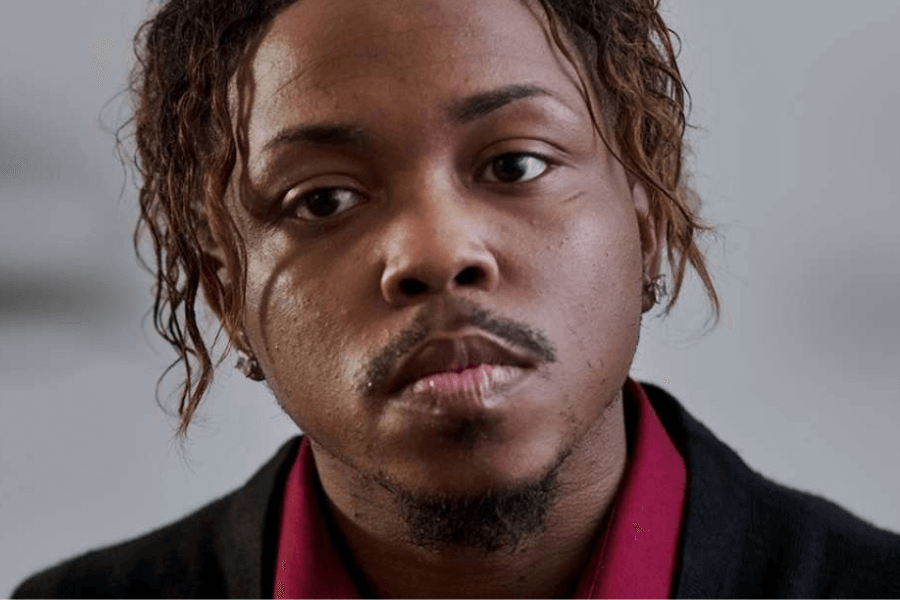

At times, almost everyone finds themselves in situations where they feel some level of anxiety. A final exam, a first date, a job interview – moments like these can increase your heart rate, make your hands sweat and make your mouth feel dry. Usually, once these events pass, things go back to normal.
But for many people – including many young adults – the symptoms of anxiety don’t seem to go away. In fact, you might feel like your anxiety has gotten out of control and taken over your life.
Anxiety is nothing to be ashamed of. If you struggle with symptoms, you’re hardly alone – millions of people struggle with it. A recent survey showed that 30 percent of American adults had struggled with anxiety at some point in their lives, with 19 percent struggling with it during the previous year.
In other words, nearly one in three adults has struggled with anxiety, and one in five has encountered it recently. On top of that, young adults are becoming more susceptible to anxiety than ever before. The pressures of this phase of life are more difficult than they were in years past.
Paying off student debt, finding a job and finding a life partner make this age a difficult one. It’s no surprise that a recent study by the University of Cambridge found that young people under the age of 35 had more anxiety than other groups.
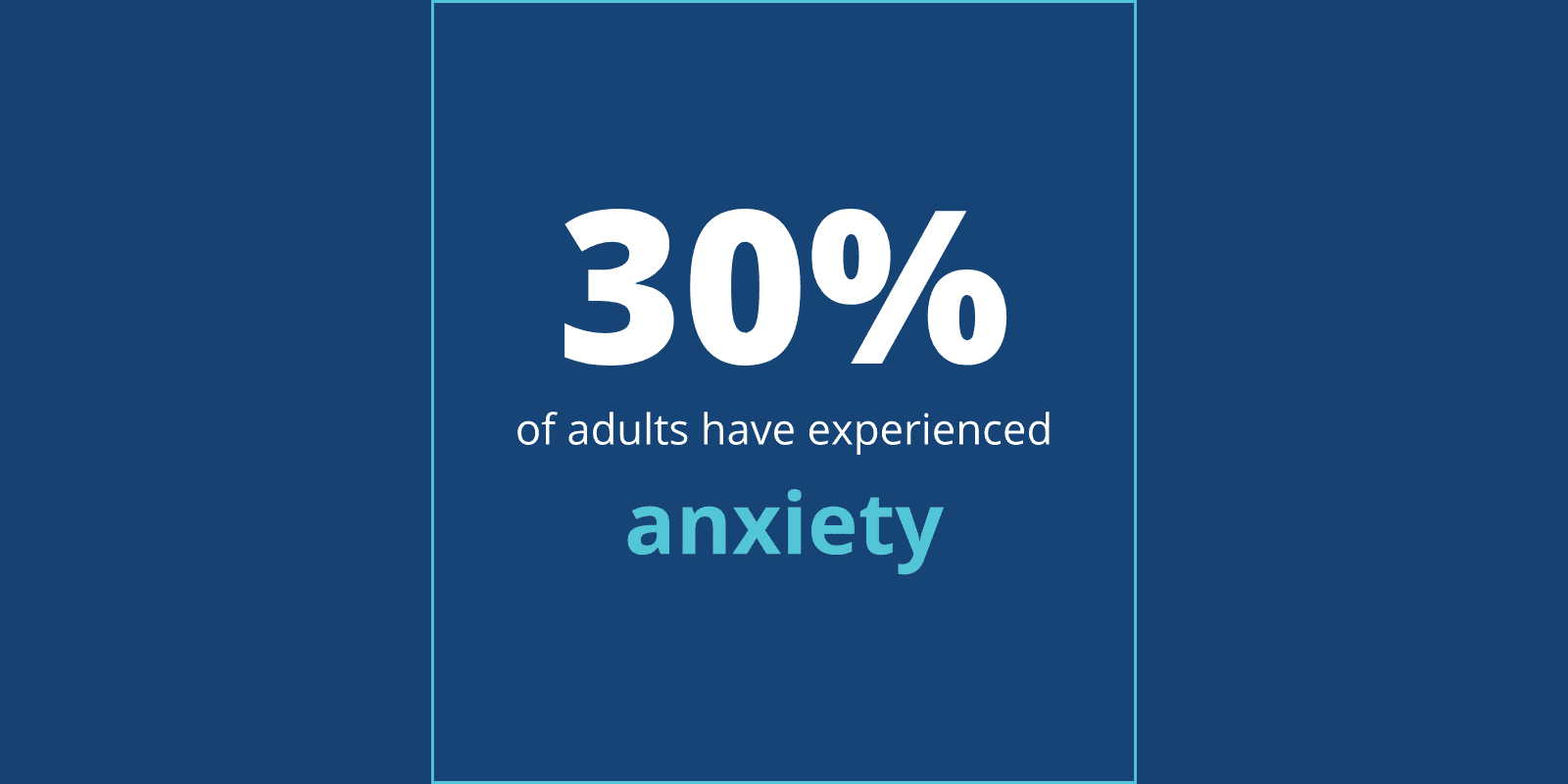
If you’re struggling with anxiety, you may feel like you can’t relax. Or you may feel that social situations are too intimidating, so you’d rather stay home. Maybe you feel wracked by constant worrying, like you can’t turn your mind off. You may even be facing physical problems associated with anxiety like headaches, digestion issues and insomnia.
If you find yourself so worried that you can’t sleep, or even get through the day, you may have an anxiety disorder. But if you do, help is available for you. With the right treatment, you can overcome anxiety, reclaim your life and be yourself again.
There are many reasons why young people are so anxious. In addition to feeling the pressures of school and work, many young people are feeling anxious about the state of the world, global warming, hostile political environment, and economic uncertainty.
The modern world is changing, but the expectations and social pressures about how “success” is defined has not changed. Social media and use of technology has young people connected to others, but often from a place of isolation. The lack of human connection and reliance to technology to meet social needs is often lacking for most.
The “millennial” generation is also the generation of most divorced parents, and growing up in an unstable home environment can add to feeling anxious about relationships and where a person fits in the world. On many levels, it’s no surprise that rates of anxiety are increasing among young people.


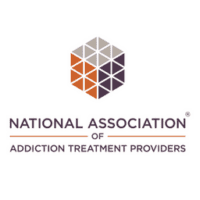


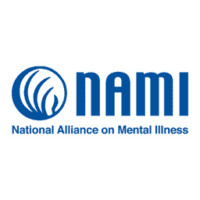
Although anxiety disorders are widespread, not all forms of anxiety are the same. The most common are:

“The thing about an anxiety disorder is that you know it is stupid. You know with all your heart that it wasn’t a big deal and that it should roll off of you. But that is where the disorder kicks in. Suddenly the small things is very big and it keeps growing in your head, flooding your chest, and trying to escape from under your skin. You know with all of your heart that you’re being ridiculous and you hate every minute of it.”
-HealthyPlace.com
What causes anxiety, and what makes certain people more susceptible to it? Researchers don’t know what the exact causes are, but they have identified a few factors that make you more or less likely to develop an anxiety disorder:
If you’re concerned that you could become a victim of anxiety, there are ways to lower your risk. Here are some preventative measures you can take.
There are simple, yet effective ways to help manage your anxiety on a daily basis:
Go Outside
Studies show that natural light can help improve mood. Walking barefoot can help ground the body.
Practice Mindfulness
YouTube has excellent guided meditations to follow. If sitting still proves too difficult, active meditations can be more helpful.
Breathe
Breathe in for count of 5, hold for 5, exhale for 5 to release muscle tension.
Connect to Your Senses
Another grounding exercise, label 5 things you see, 5 things you hear, 5 things you feel, 5 things you smell. Continue with 4, then 3 until you reach one.
Exercise
20 minutes every few days can work wonders.
Avoid caffeine, alcohol and drugs
Too much caffeine can make anxiety worse, and use of alcohol and substances may help alleviate anxiety in the moment, but often makes anxiety worse in the long run.






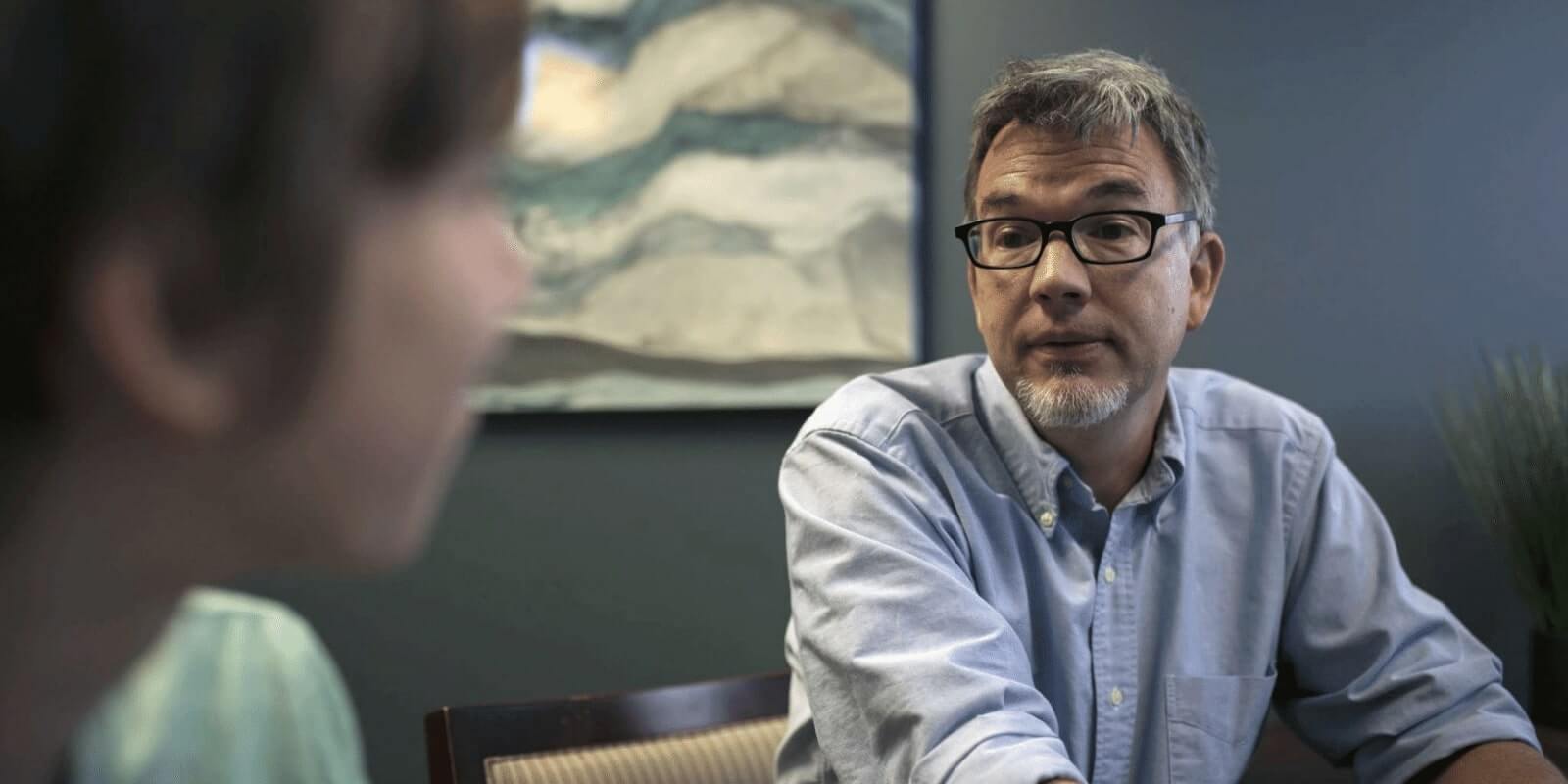
If you’re concerned that you have symptoms of an anxiety disorder, here are some things you can do:
Our goal is to help you address your anxiety’s underlying causes so that you can relax and enjoy life again. With support and treatment, you can overcome anxiety and start being your best, happiest self.


We understand taking the first step is difficult. There is no shame or guilt in asking for help or more information. We are here to support you in any way we can.